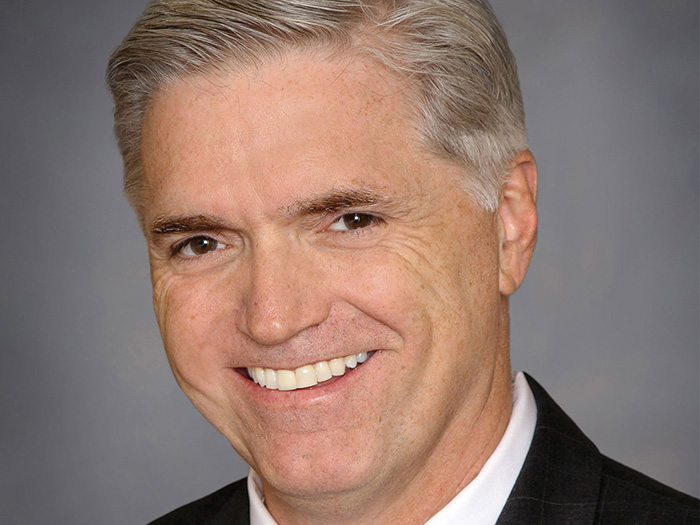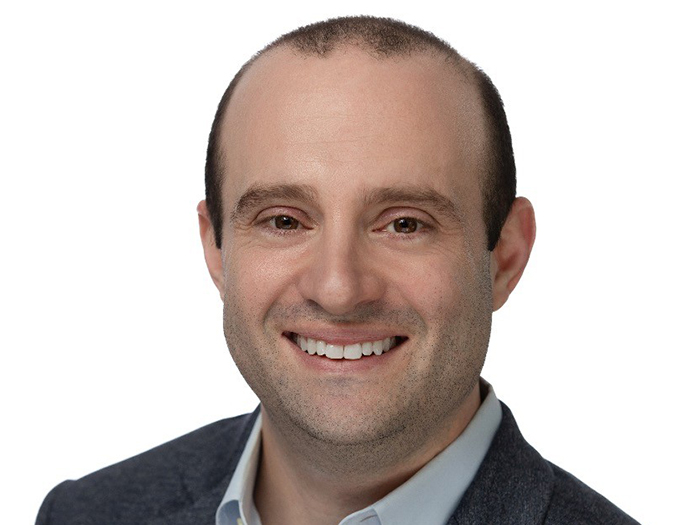Risk Insider: Martin Frappolli
What If Uber and ZipCar Had a Baby?
Imagine a world in which all of the cars on the road are navigating without a human driver. We may also anticipate another liberating aspect – the “ownerless” car. Well, some entity will own the car, but it may not be you or me.
Several motoring trends are moving towards convergence; Uber and ZipCar are already changing the way we move about. The potential for a driverless car changes those models. What could happen when autonomous cars are demonstrably safer than human-piloted vehicles?
Uber and Lyft essentially replace hailing a cab with ordering and paying for your ride through your smartphone. No cash changes hands, your driver is motivated to be polite and keep a clean vehicle because you will rate him after the experience.
When will this all happen? Many experts say “sooner than you think,” but Warren Buffett is still investing in car dealerships.
At the same time, city residents who don’t own cars but occasionally need one can turn to ZipCar instead of taxis or car rentals. After a small monthly membership fee, ZipCar users pay an hourly rate. It’s an on-demand model for car use.
This model isn’t new to us. Just 10 years ago, we bought our music on CDs (or MP3) and bought movies on DVD. Now, people everywhere are rapidly switching to a streaming model for music and movies – think Pandora, Spotify, Roku, Chromecast and Netflix.
With streaming, we save the costs of purchasing a library of movies or music, and we save the hassle of maintaining this library. We find it convenient to have every song and movie title at our fingertips.
Imagine, then, how the utility of Uber and ZipCar is compounded by the potential for autonomous vehicles. When we want a ride, the car comes to us, takes us safely to our destination, and then departs.
We don’t buy the car, insurance, gas, or parking space. We are freed from the time and expense of vehicle ownership.
The implications of this “streaming transportation” model are far-reaching. Some experts predict that, because most cars are idle most of the time, we would need only one out of eleven cars currently on the road.
While there is great opportunity for robotics experts and upstart transportation entries like Google and Tesla, how do Ford and Toyota react?
Reduce the car count by 90 percent, reduce the number of accidents even further – what happens to car insurers? Auto insurance exists to help us recover from the costs of human error. Once you take human error out of the mix, auto liability will be an issue for the manufacturer, not the (absent) driver.
Other implications – parking garages will be largely unnecessary; local mechanics won’t be needed; doctors and hospitals will have fewer patients; reduced congestion might spark inner cities, but easier commutes might spark development outside the cities.
Drunk driving, texting and driving, and driver fatigue will all be problems of the past. Leisure travel might mean you get in your RV at 10pm and wake up 8 hours later at your resort destination. No person is denied transportation due to age or ability to drive.
When will this all happen? Many experts say “sooner than you think” but Warren Buffett is still investing in car dealerships.
It will likely happen sooner in cities than rural areas, but the certain thing is that this disruptive technology will create great opportunities while destroying a lot of traditional business models.










